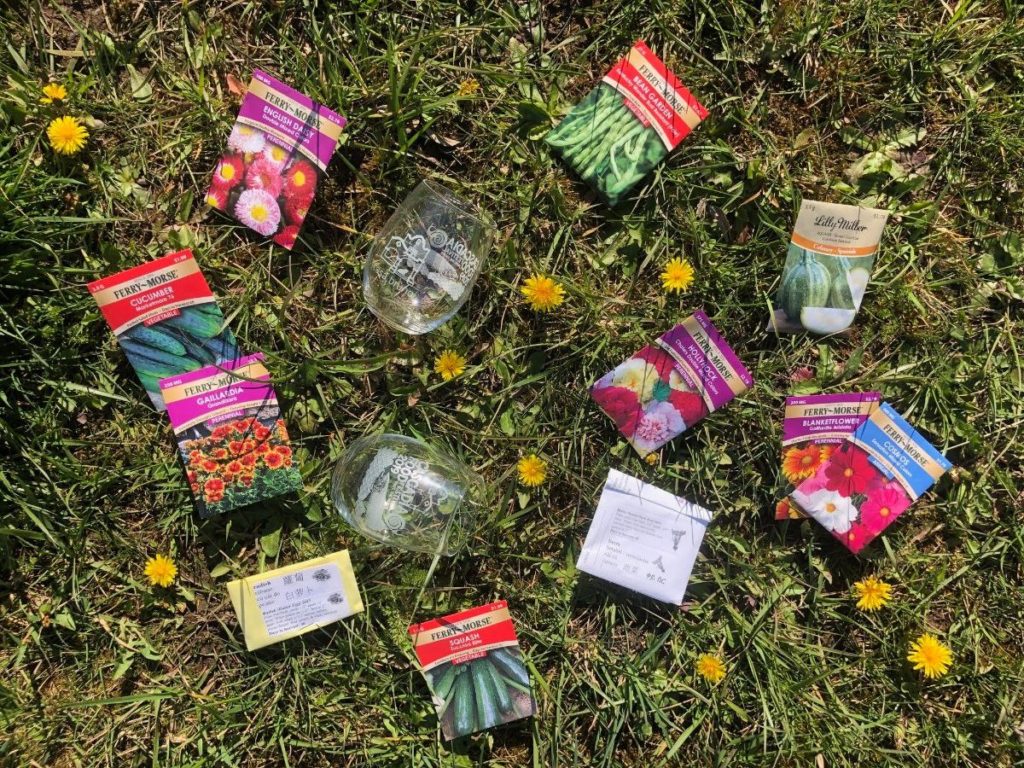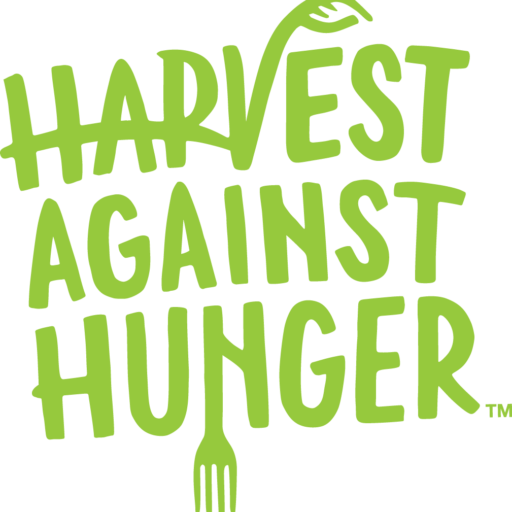How Can We Help?
Adapting in Times of Crisis: A New Program to Increase Food System Equity during COVID-19 at Urban Abundance

Adapting in Times of Crisis: A New Program to Increase Food System Equity during COVID-19
In March of 2020 when the novel coronavirus rapidly spread around the world, all types of organizations were forced to change their program modelling and adapt to a “new normal.” For Urban Abundance, an organization that has historically relied on hosting in person volunteer events to maintain and harvest from orchards and backyard fruit trees in Vancouver, this meant getting creative and going back to basics with their mission to come up with a program that focused on publicly accessible edible landscaping. They called the program “Resiliency Gardens”—a nod to the Victory Gardens that emerged in this country during past moments of crisis.
The Resiliency Garden program was funded through Slow Food SW WA’s budget and relied on several community partnerships to make it successful. Urban Abundance received donated compost and various tools from a local garden store, Yard n Garden Land, and their friends at Flat Tack Farm planted hundreds of vegetable starts for the program throughout the year. Urban Abundance worked with their volunteer graphic designer to create an aesthetically pleasing, letter sized sign with information about the organization and how other interested folks could get involved. The AmeriCorps VISTA sent out several newsletter campaigns, posted on social media, and engaged the press and other local non-profits to spread the word. Interested folx could fill out an application, send photos of their location, and the VISTA would contact them as soon as possible about moving forward with their project.
In the beginning, UA provided lumber, compost, a sign, fertilizer, and tools, budgeting for $100 per garden and 100 sq. ft. per site. After the first two, it quickly became clear that the wood siding was more expensive than expected, so the program changed to a slightly more “DIY” version where hosts would build or prep their beds beforehand, and then UA would deliver the compost, vegetable starts, etc. The VISTA engaged a volunteer to pick up and deliver the compost to these sites. The most common front yard space to be used was the “hell strip,” or the strip of grass in between the road and the sidewalk, but several people also planted strips in their front yard along the sidewalk.
In all, the program was a hit with the community, and as of October 2020, Urban Abundance ended up facilitating 16 of these gardens across Vancouver, over 1400 square feet of publicly available garden space. They hope to continue the program once the season starts up again in 2021.


